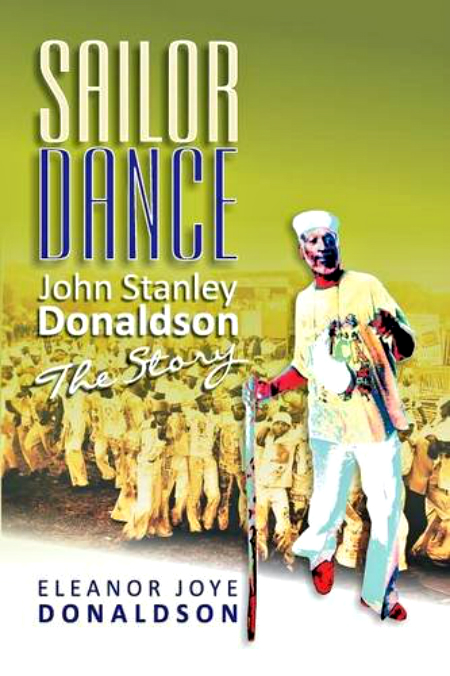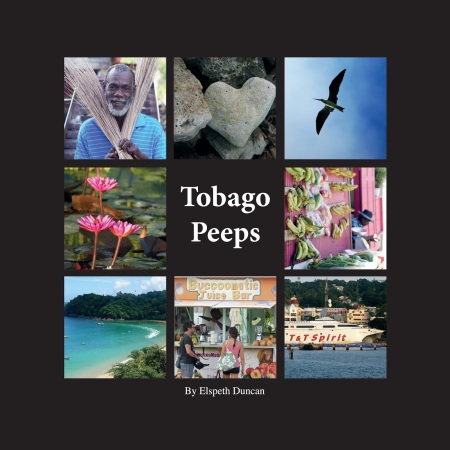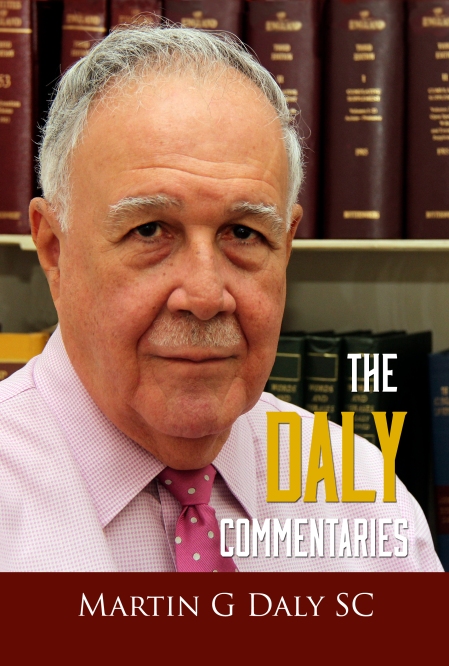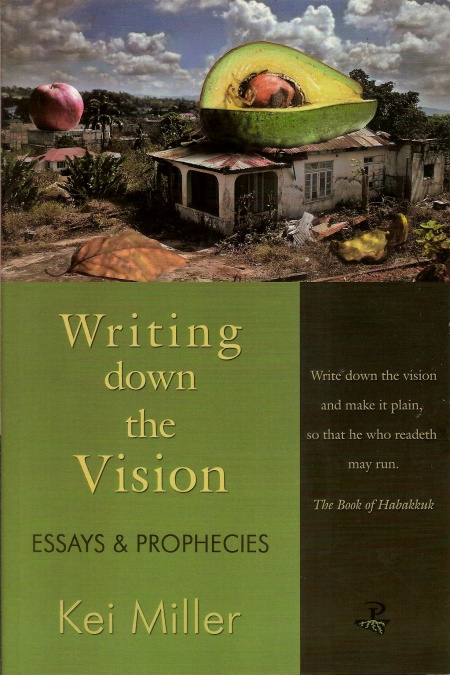by Shivanee Ramlochan, Paper Based Blogger

Plain Vision Publishing, 2015.
Welcome to the 2015 Paper Based Advent Book Blog! Day Twenty’s selection soars with the tribute song of a deeply lived, culturally ingrained life of a quintessentially Trinidadian son of the soil, recounted faithfully and with fond, insightful accuracy by his daughter: Sailor Dance: John Stanley Donaldson – The Story, by Eleanor Joye Donaldson.
It has always been easy enough to play party card politics, yet even in the zenith of his service to the People’s National Movement, John Donaldson distinguished himself in his inclusive calls for service to country. This was one of the qualities for which the multiply-laurelled diplomat and former government minister most made his name known: in the consistent application of selfless integrity to his portfolio of achievements. A formidable athlete; prominent statesman; and perhaps most touchingly, a man whose committment to his family life is handsomely detailed in this biography, Donaldson epitomized an existence of patriotic, passionate investment.
These truths of one man’s extraordinary accomplishments and tenderly domestic particulars are brought lovingly to life in Eleanor Joye Donaldson’s uncluttered, affectionate writing style. With equal parts clarity and clear-eyed reminiscence, the daughter reflects on her father’s humble beginnings, tracing a trajectory that is every inch an upwardly mobile success story.
We recommend it for: readers of Reginald Dumas’ The First Thirty Years and Anthony Sabga’s A Will and A Way; biography aficionados who like civically-grounded and culturally accomplished subjects; longtime PNM adherents interested in delving deeper into the origins and successes of one of its historically key figureheads.









